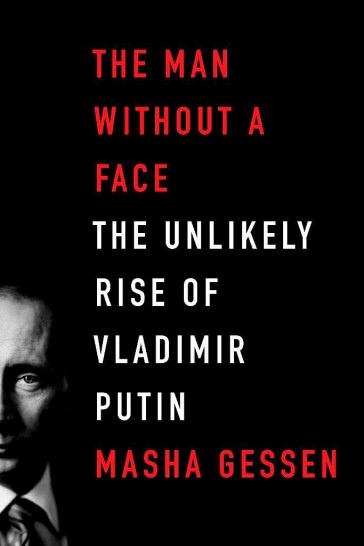On several occasions
“at least one of them embarrassingly public, Putin has acted like a person afflicted with kleptomania. In June 2005, while hosting a group of American businessmen in St. Petersburg, Putin pocketed the 124-diamond Super Bowl ring of New England Patriots owner Robert Kraft. He had asked to see it, tried it on, allegedly said, “I could kill someone with this,” then stuck it in his pocket and left the room abruptly. After a flurry of articles in the U.S. press, Kraft announced a few days later that the ring had been a gift -preventing an uncomfortable situation from spiraling out of control.
In September 2005, Putin was a special guest at New York’s Solomon R. Guggenheim Museum. At one point his hosts brought out a conversation piece that another Russian guest must have given the museum: a glass replica of a Kalashnikov automatic weapon filled with vodka. This gaudy souvenir costs about $300 in Moscow. Putin nodded to one of his bodyguards, who took the glass Kalashnikov and carried it out of the room, leaving the hosts speechless.
Putin’s extraordinary relationship to material wealth was evident when he was a college student, if not earlier. When he accepted the car his parents won in a lottery, though the prize could have been used to greatly improve the family’s living conditions, or when he spent almost all the money he made over the summer to buy himself an outrageously expensive coat-and bought a cake for his mother-he was acting in ways highly unusual and borderline unacceptable for a young man of his generation and social group. Ostentatious displays of wealth could easily have derailed his plans for a KGB career, and he knew this. The story told by the former West German radical-of Putin demanding gifts while in Dresden-completes the picture. For a man who had staked most of his social capital on conforming to the norm, this was particularly remarkable behavior: it seems he really could not help himself.
The correct term is probably not the popularly known kleptomania, which refers to a pathological desire to possess things for which one has little use, but the more exotic pleonexia, the insatiable desire to have what rightfully belongs to others. If Putin suffers this irrepressible urge, this helps explain his apparent split personality: he compensates for his compulsion by creating the identity of an honest and incorruptible civil servant.” -Masha Gessen, The man without a face; The unlikely rise of Vladimir Putin
